

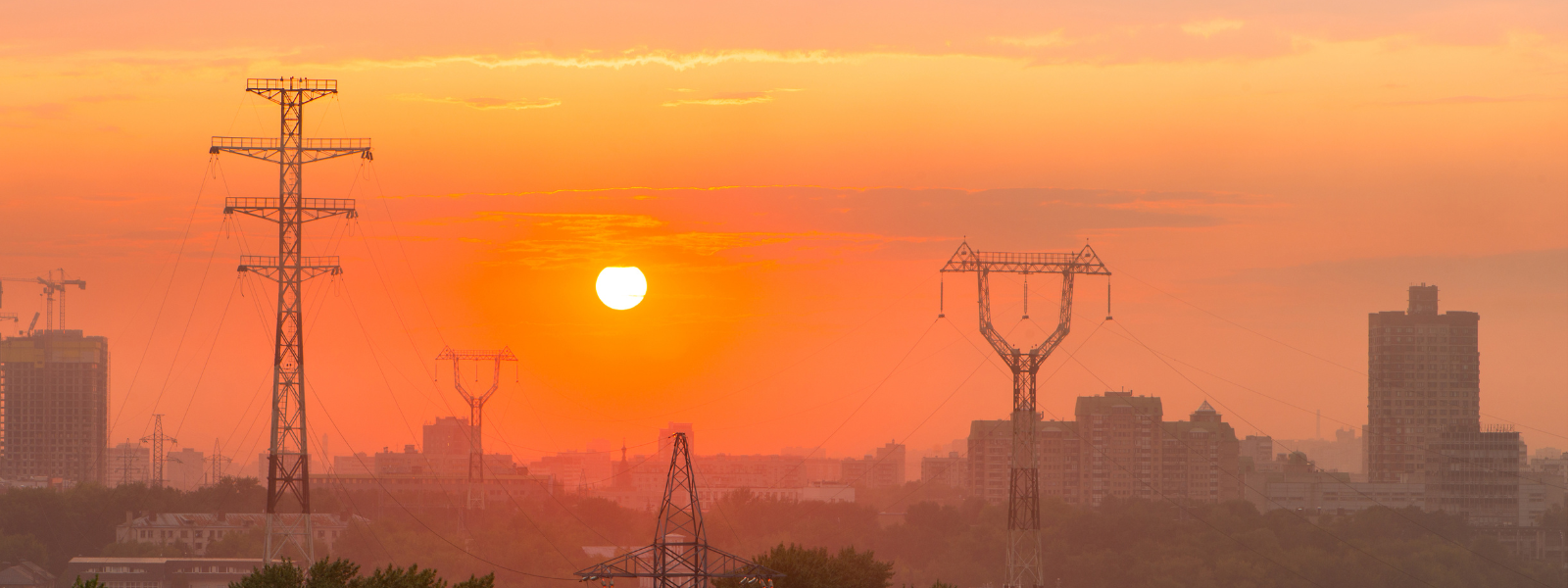
17 Countries Commit to Concrete Plans to Scale Up Electricity Access as Mission 300 Expands
Seventeen additional African governments committed to reforms and actionable plans to expand electricity access as part of Mission 300—an ambitious initiative led by the World Bank Group (WBG) and the African Development Bank Group, with Partners including the Rockefeller Foundation, Global Energy Alliance for People and Planet (GEAPP), Sustainable Energy for All (SEforALL), and the World Bank’s Energy Sector Management Assistance Program (ESMAP), that aims to connect 300 million Africans to electricity by 2030.
The national Energy Compacts—practical blueprints that guide public spending, trigger reforms, and attract private capital—were endorsed at the Bloomberg Philanthropies Global Forum.
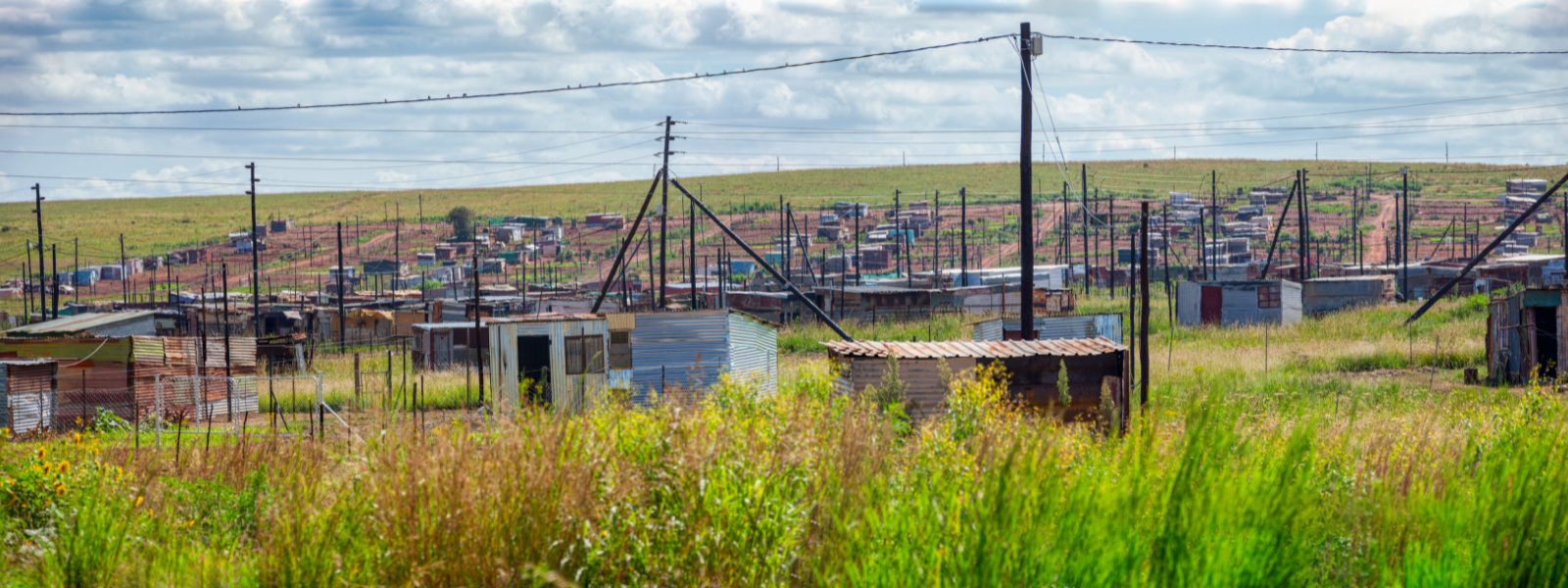
Inaugural Meeting of the Mission 300 Development Partners Coordination Group in New York
The World Bank Group and the African Development Bank convened the first meeting of the Mission 300 Development Partners Coordination Group, a new platform to align and coordinate partner contributions in support of the Mission 300 goals
In Mission 300, ESMAP serves as incubator, testing out and mainstreaming pioneering tools and technologies like geospatial mapping; knowledge hub, producing cutting-edge research such as the Off-Grid Market Trends Report; technical assistance facility; and a catalytic financing vehicle – with recent examples including the ASCENT US$15 billion program, that was unlocked with early ESMAP funding of US$15 million; the US$750 million Nigeria DARES project that is leveraged with ESMAP’s US$4.35 million grant: and the IFC Zafiri $300 million Investment Facility, that benefitted from US$5 million seed funding from ESMAP.
>> Website | Read LinkedIn Post
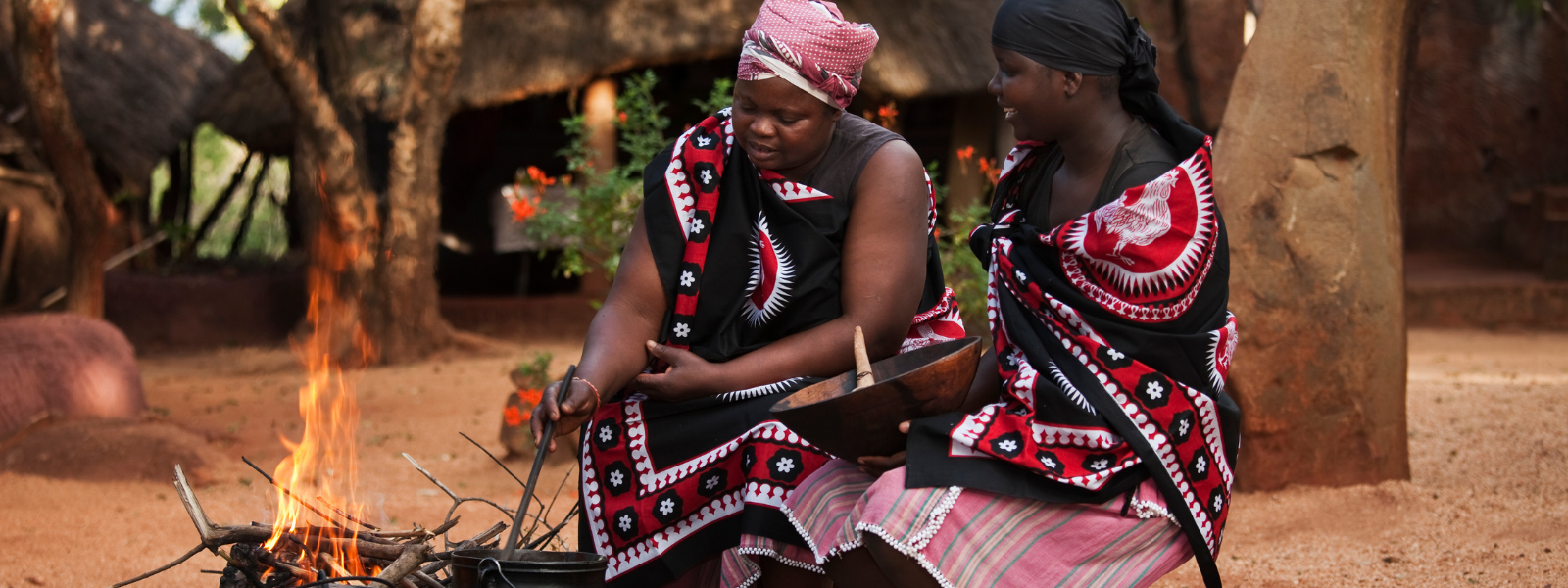
ESMAP AT UNGA80 and NYC Climate Week 2025
From Mission 300, to clean cooking, gender, and scaling up the energy transition — ESMAP was part of the global energy dialogue at #UNGA80 and #NYClimateWeek
Clean Cooking – ESMAP’s Co-Manager, Fanny Missfeldt-Ringius joined colleagues from WHO, UNDP, FAO and UNDESA, to talk about positioning clean cooking as a public health priority and helping governments integrate the deployment of clean cooking solutions as part of their health strategies. With the Clean Cooking Fund, ESMAP has been at the forefront of clean cooking. Since its launch in 2020, the Clean Cooking Fund has allocated US$ 86 million in grants across 28 countries. It has benefited 37 million people and 2,772 institutions.
Gender – Fanny Missfeldt-Ringius chaired a discussion on tracking data that captures the distinctive experiences of women and men in energy access. Participants shared their innovative initiatives, methodologies, and practical approaches to overcoming data challenges.
This event builds on the momentum of the recently launched High Level Political Forum (HLPF) 2025 Policy Brief, Gender Indicators in Sustainable Energy: A Call to Action.
She was joined by colleagues from UN DESA, UN Women, UNSD, IEA, AFREC and ENERGIA.
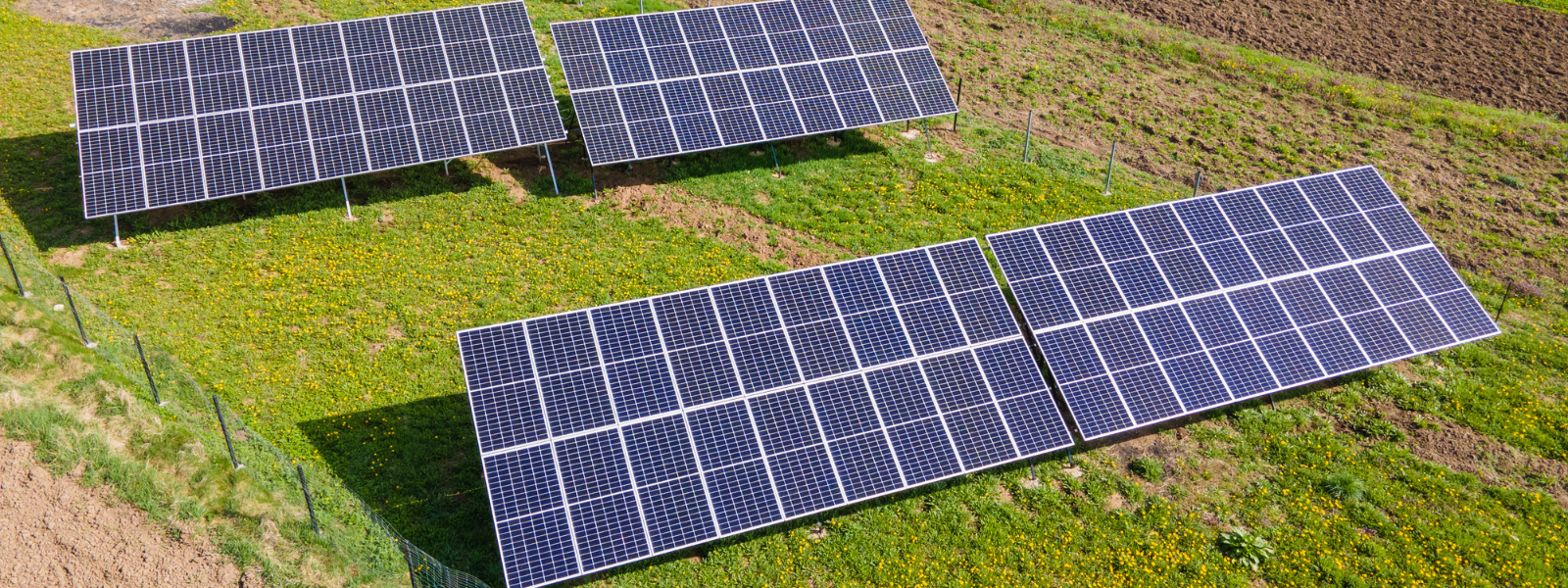
World Bank Live: Scaling Up Energy Efficiency for Growth, Jobs and Energy Security
The event highlighted lessons and solutions on how governments, the private sector, and development partners can work together to attract investment for energy efficiency and overcome barriers. Speakers included Israel Jáuregui Nares, Director General, CONUEE (Mexico); Esra Turan Tombak, Head of External Investments, Ministry of Environment, Urbanization & Climate Change (Türkiye); and Ommid Saberi, Principal Industry Specialist & Global Lead, Green & Resilient Buildings, IFC - in a moderated discussion by Ani Balabanyan. Participants also heard from Jas Singh present on the latest report Power More with Less: Scaling Up Energy Efficiency for Growth and Energy Security. World Bank Senior Managing Director, Mr. Axel van Trotsenburg provided closing remarks.
Watch the Replay: English | Spanish | French | Download the Report

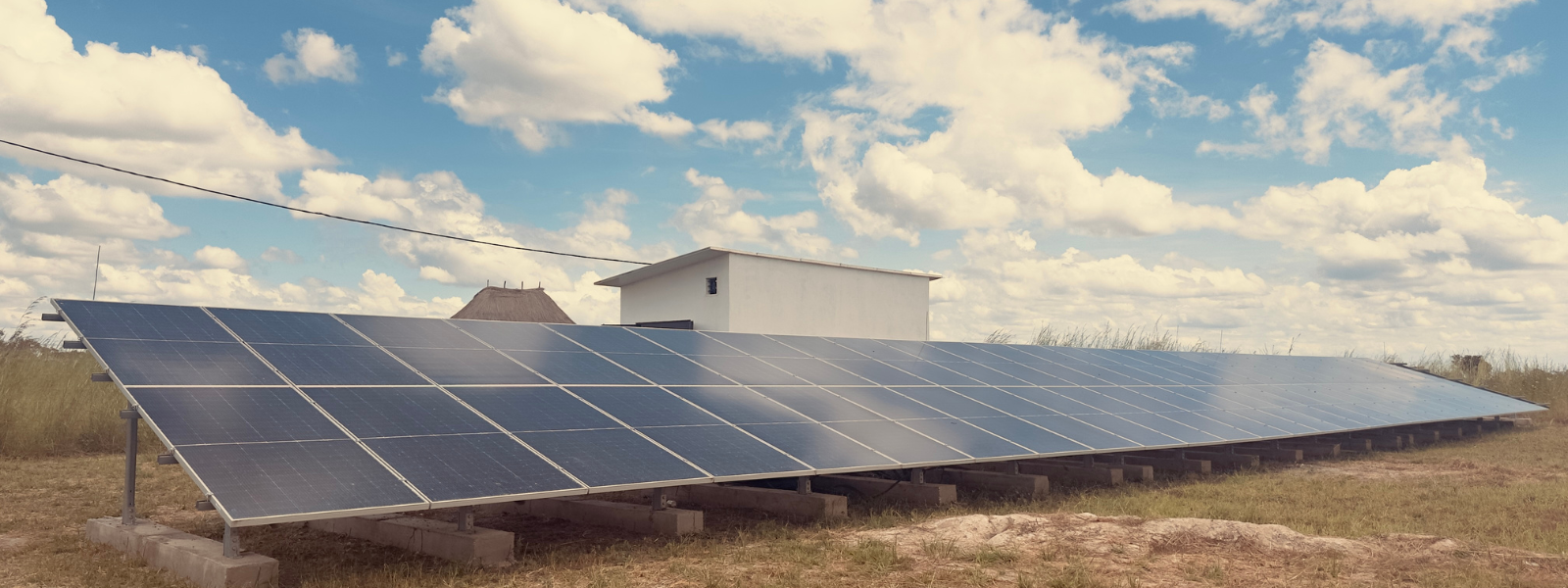
Over One Million Zambians to be Connected to Electricity by 2030 Under New Energy Access Project
The World Bank Board of Executive Directors approved a US$200 million International Development Association (IDA) grant for the 13th phase of the Accelerating Sustainable and Clean Energy Access Transformation (ASCENT) Program which is set to provide reliable and sustainable energy services to more than one million beneficiaries in Zambia within the next five years. ESMAP is supporting the gender activities included in the project.

World Bank Supports Ceará’s Green Hydrogen Strategy to Boost Economic Transformation
The World Bank Board of Directors approved a new operation to support the green hydrogen strategy of Companhia de Desenvolvimento do Complexo Industrial e Portuário do Pecém (Pecém Industrial and Port Complex Company – CIPP) and the Government of Ceará. By enabling clean hydrogen production in the Complex of Pecém, this initiative places the Brazilian state at the forefront of the global clean energy transition, while also promoting jobs, inclusion, and long-term climate resilience. The project benefited from the emerging implementation experience of the Chile Green Hydrogen Facility to Support a Green, Resilient and Inclusive Economic Development, knowledge transfer and grant support from ESMAP and the Quality Infrastructure Investment Partnership (QII).
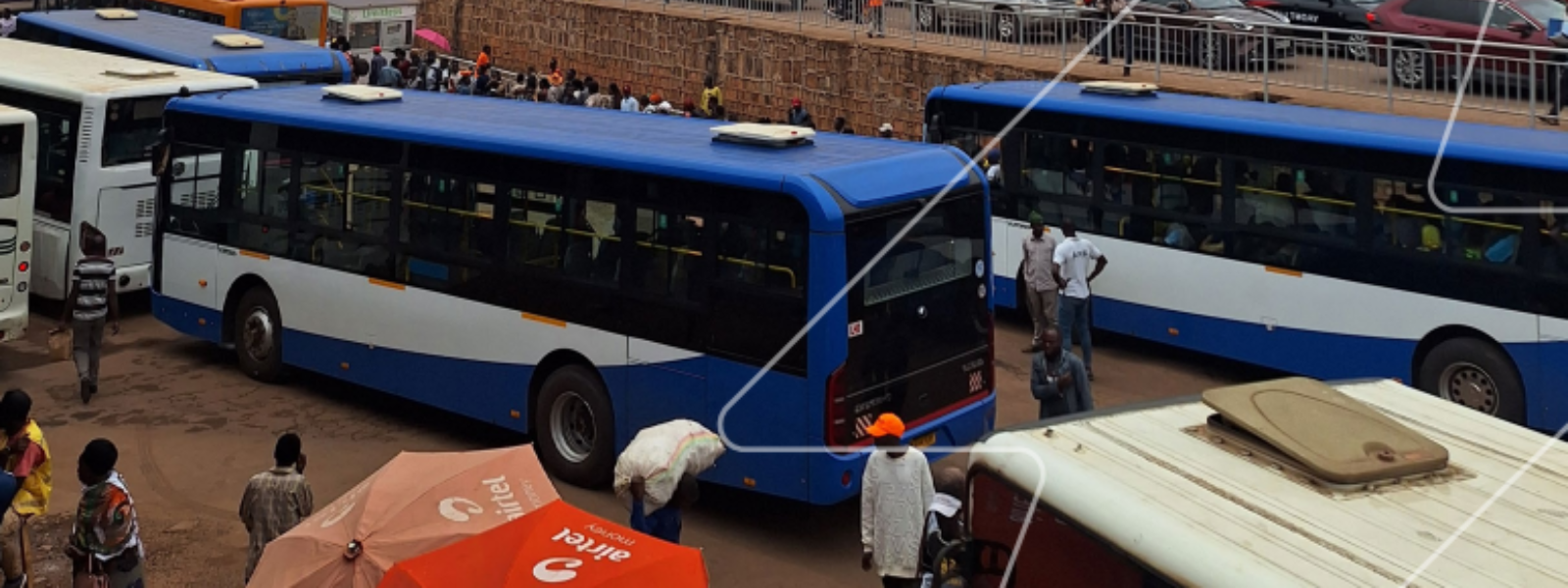
Transforming Kigali’s Urban Mobility to Improve Commutes and Create Jobs
The World Bank’s Board of Executive Directors approved US$100 million in International Development Association (IDA) financing for the Rwanda Urban Mobility Improvement (RUMI) Project, which aims to bring greener and safer mobility solutions to support Kigali’s transition toward an inclusive, accessible, and climate-resilient transport system. ESMAP’s support involved technical support in the power system dimension of the project as well as leading the publishing of the report Exploring Enabling Energy Frameworks for Electric Mobility in Rwanda.

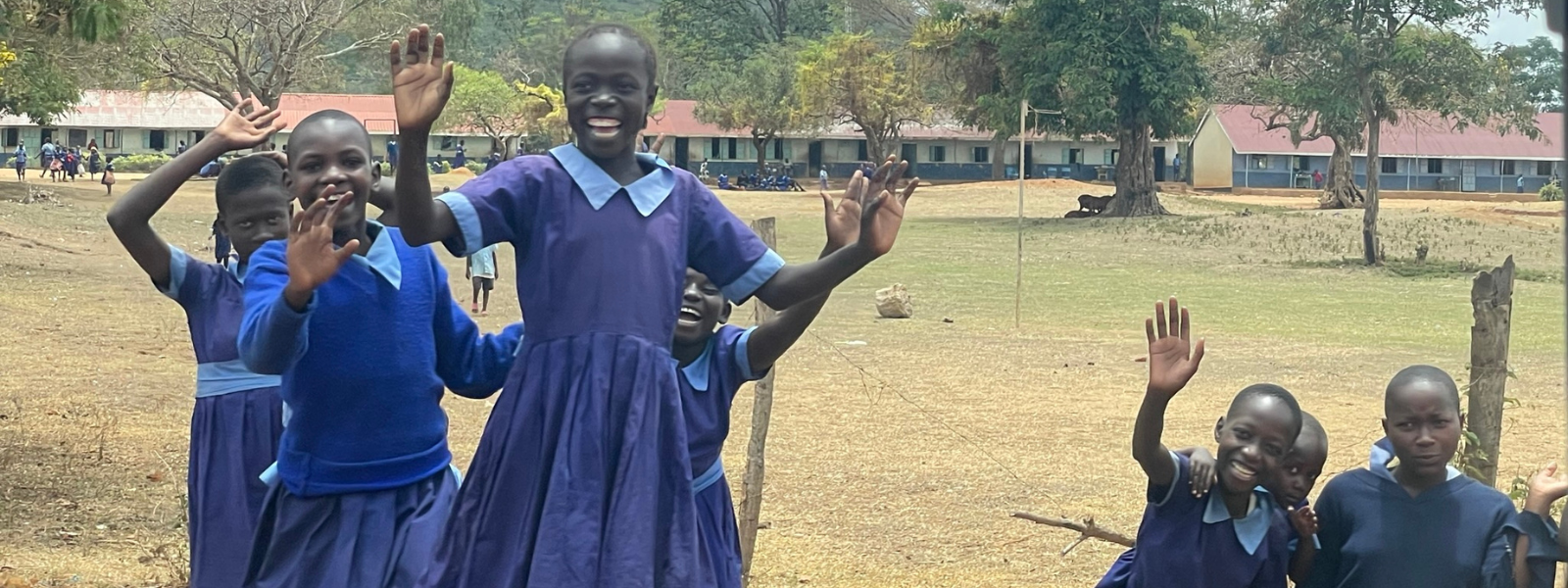
Energy Brief: Violence Against Women and Girls
Energy is essential for economic growth and improving lives. However, projects can unintentionally increase the danger of violence against women and girls if gender-specific risks are ignored. This resource guide produced by ESMAP offers concrete help in designing energy projects such that they help to prevent such violence and empower women
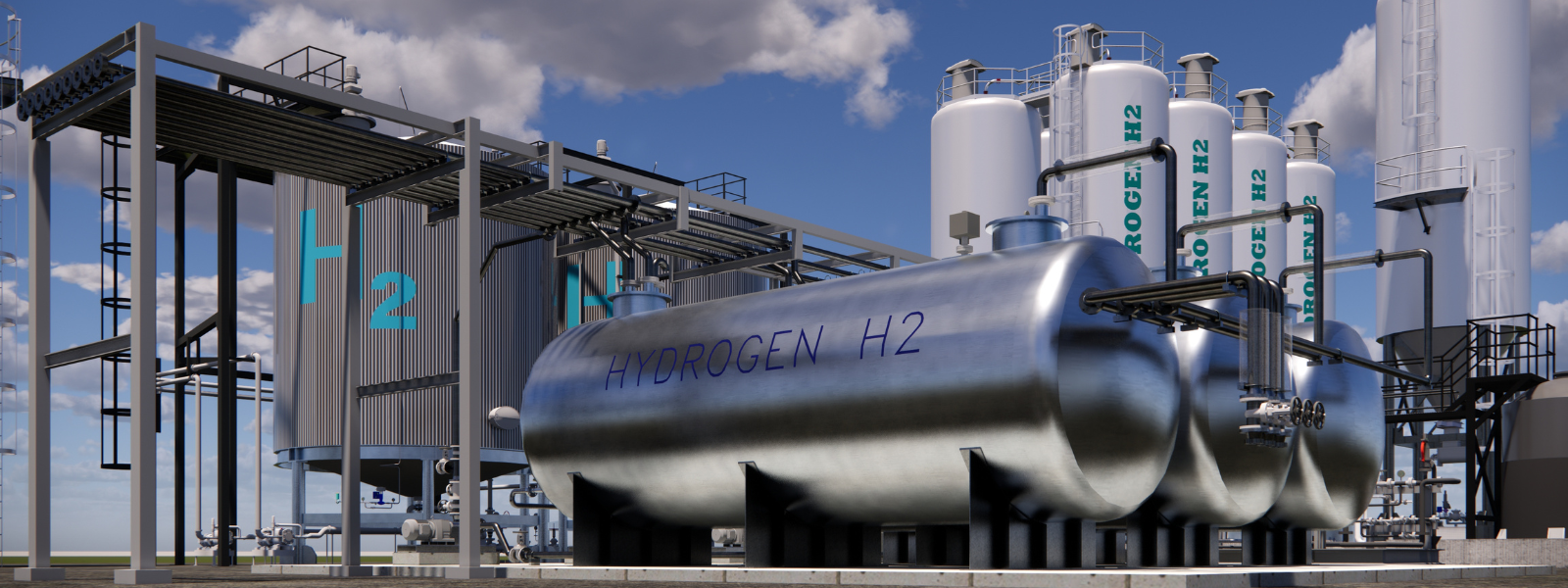
Key Insights from Social Licensing to Operate in Renewable Energy Projects | Applying Lessons to Clean Hydrogen Development
Securing a Social License to Operate strengthens the viability of clean hydrogen projects in emerging markets and developing countries. This new report draws lessons from hydropower and wind initiatives, and outlines how community acceptance can enhance project bankability, investment readiness, and long-term sustainability. The report was jointly produced by the Hydrogen for Development (H4D) Partnership of ESMAP in collaboration with Asociación Hidrógeno Colombia and partner agencies.
LIVEWIRES
Shared Infrastructure for Clean Hydrogen
Studies of the development of clean hydrogen have often focused on the production side. Infrastructure built and used for storage and transportation warrants more attention. Among the topics that should be assessed are system design, operation, integration, and ownership; market design and governance; and planning. This Live Wire examines case studies and literature on the infrastructure for hydrogen hubs, with an emphasis on the benefits of shared infrastructure. Given the breadth of hydrogen production and infrastructure, the focus is on renewable hydrogen production for domestic use and for export after conversion to ammonia.
Assessing Market Readiness for Private Investment in Solar Hybrid Mini Grids: A Promising New Approach for M300 Developed in Niger
Developed in Niger, a new approach for assessing mini grid market readiness could become a blueprint for the mini-grid work under M300. The recent work in Niger provides a comprehensive methodology for assessing a country’s readiness for private sector participation in mini-grid development. Using a 10-building-block framework, the study evaluated key technical, regulatory, financial, and institutional barriers to mini-grid deployment and proposed actionable solutions.

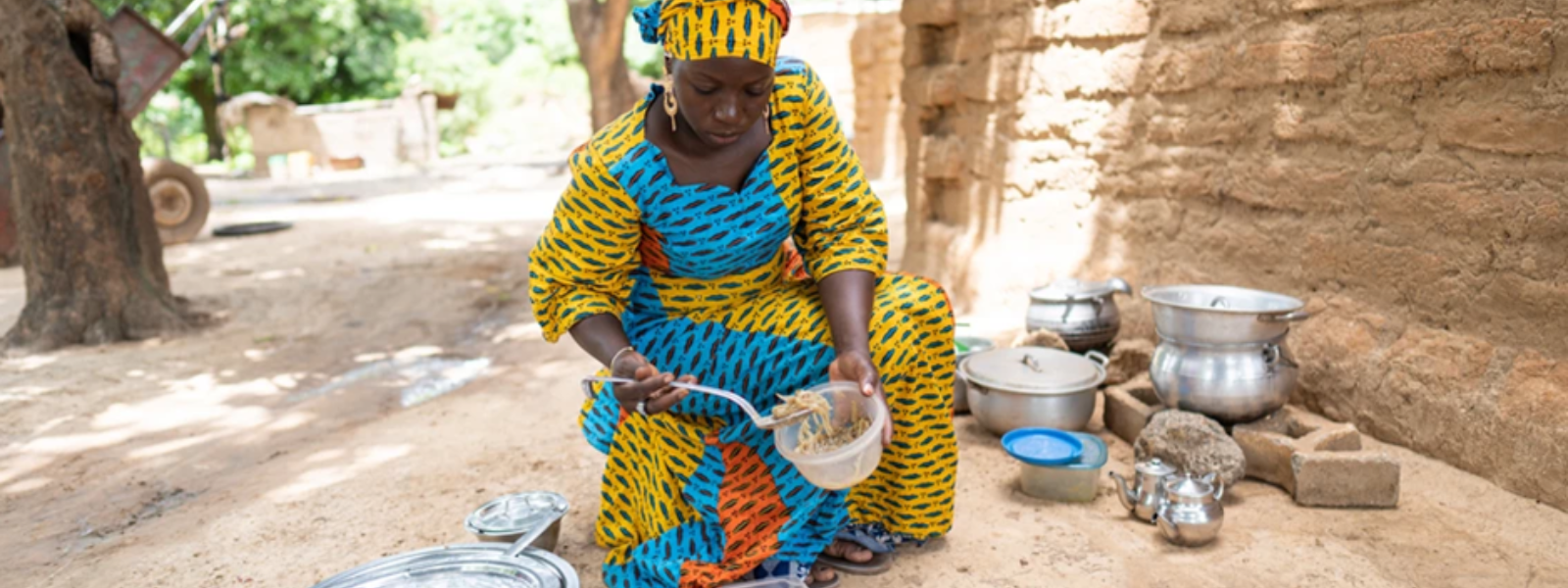
Clean Cooking - Moving Forward
The latest statistics on access to clean cooking are out, and they are sobering: according to the report, Tracking SDG7 2025, 2.1 billion people, mostly in Sub-Saharan Africa, still rely on polluting fuels to cook. This means that millions of women and girls are still exposed to harmful fumes every single time they prepare a meal. The blog explores the remaining barriers to clean cooking, including the affordability of clean cookstoves and appliances, the need for a viable market and means to attract investments, and the difficulty of changing traditional ways of cooking.

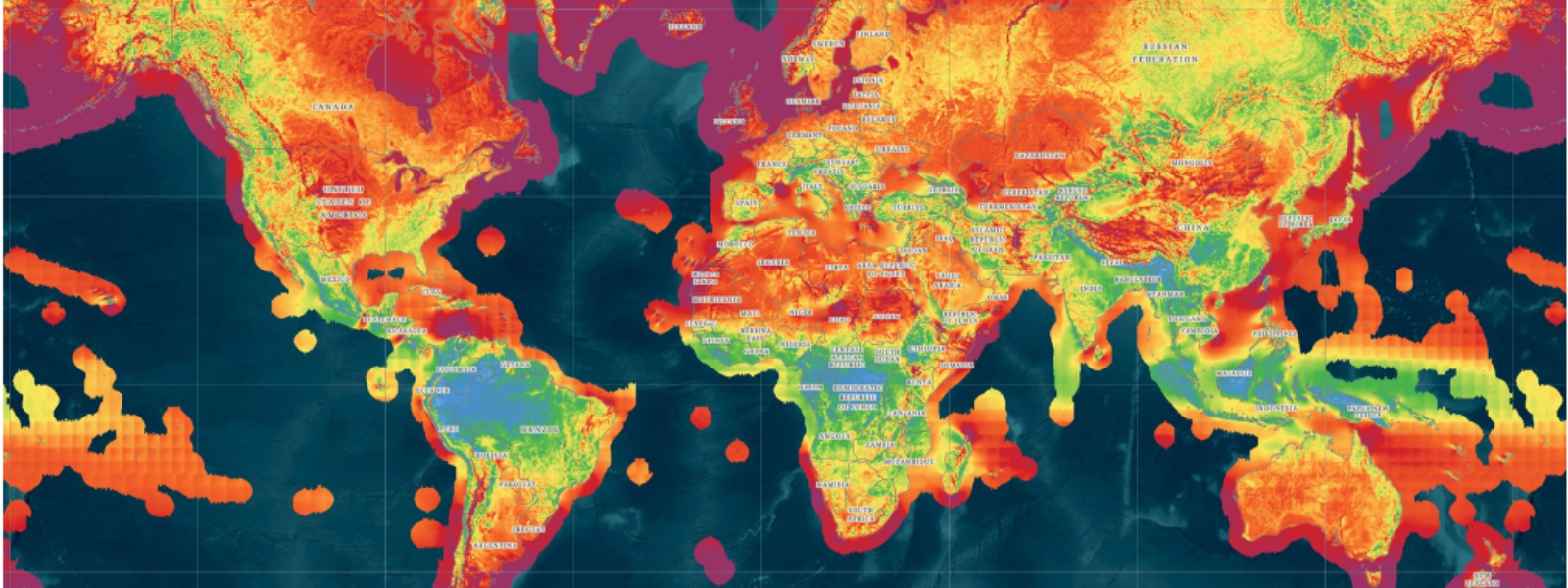
Global Wind Atlas 4.0 Released
What's new?
- Updated global wind data, helping policymakers, planners, and investors identify high-wind areas for wind power generation at global, national, regional, and local levels.
- An Enhanced Accuracy for Onshore and Offshore Wind. The new version uses the best available methods and input data to deliver more precise wind resource assessments. This improved accuracy supports developing countries in planning new wind projects and helps reduce development costs by lowering investment risks.
ESMAP continues to fund the GWA, which is developed, owned, and operated by the Technical University of Denmark (DTU).
>> Global Wind Atlas | Complete List of Features

ESMAP Energy Access Team Wins the FY25 VPU Award
The ESMAP Energy Access team won the FY25 VPU Award for its catalytic role in advancing universal energy access and laying the foundation for Mission 300 - the commitment to electrify 300 million people in Africa by 2030. From FY21–24, the team informed operations reaching over 100 million people with electricity and 115 million with clean cooking, mobilizing US$15.2 billion in financing, including US$3 billion from the private sector. Beyond households, ESMAP has driven the electrification of businesses and public institutions such as schools and health centers, expanding economic opportunities and strengthening human capital. By pioneering energy-as-a-service models, end-user subsidies, and least-cost electrification planning, the team has reshaped how countries, partners, and the private sector approach energy access, particularly in fragile and underserved settings.
Long Duration Energy Storage (LDES) Study Tour
>> Learn more
Colombia Launches Revenue Support Mechanism for Renewable Energy
>> Learn more
Policy Brief Official Launch – Gender Indicators for Sustainable Energy: A call-to-Action Policy Brief
>> Learn more
Global African Hydrogen Summit 2025 in Windhoek, Namibia
>> Learn more
Clean Hydrogen for Road Transportation in Developing Countries
>> Learn more
Key Insights from Social Licensing to Operate (SLO) in Renewable Energy Projects: Applying Lessons to Clean Hydrogen Development
>> Learn more
Global Forum on Coalitions for Reform
>> Learn more
International Forum on Pumped Storage Hydropower and Workshop on Building Climate Resilience in African Countries’ Hydropower Sector
>> Learn more
Malawi, A Mission 300 Champion
>> Learn more
The World Bank/ESMAP Offshore Wind Development Program
>> Learn more

October events
>> Browse

New Energy Storage Partner Joins ESP
The Energy Storage Partnership (ESP) is excited to announce the Centre for Social and Economic Progress as a new partner! CSEP conducts in-depth, policy relevant research and provides evidence-based recommendations to the challenges facing India and the world, including on energy, battery storage, natural resources and sustainability.
>> Learn more
Regional Workshop on Hydropower and Climate Risks
The World Bank Energy team, supported by ESMAP, teamed up with the Agence Française de Développement and the Global Facility for Disaster Reduction and Recovery (GFDRR) for a regional workshop on Hydropower and Climate Risks.
>> Learn more